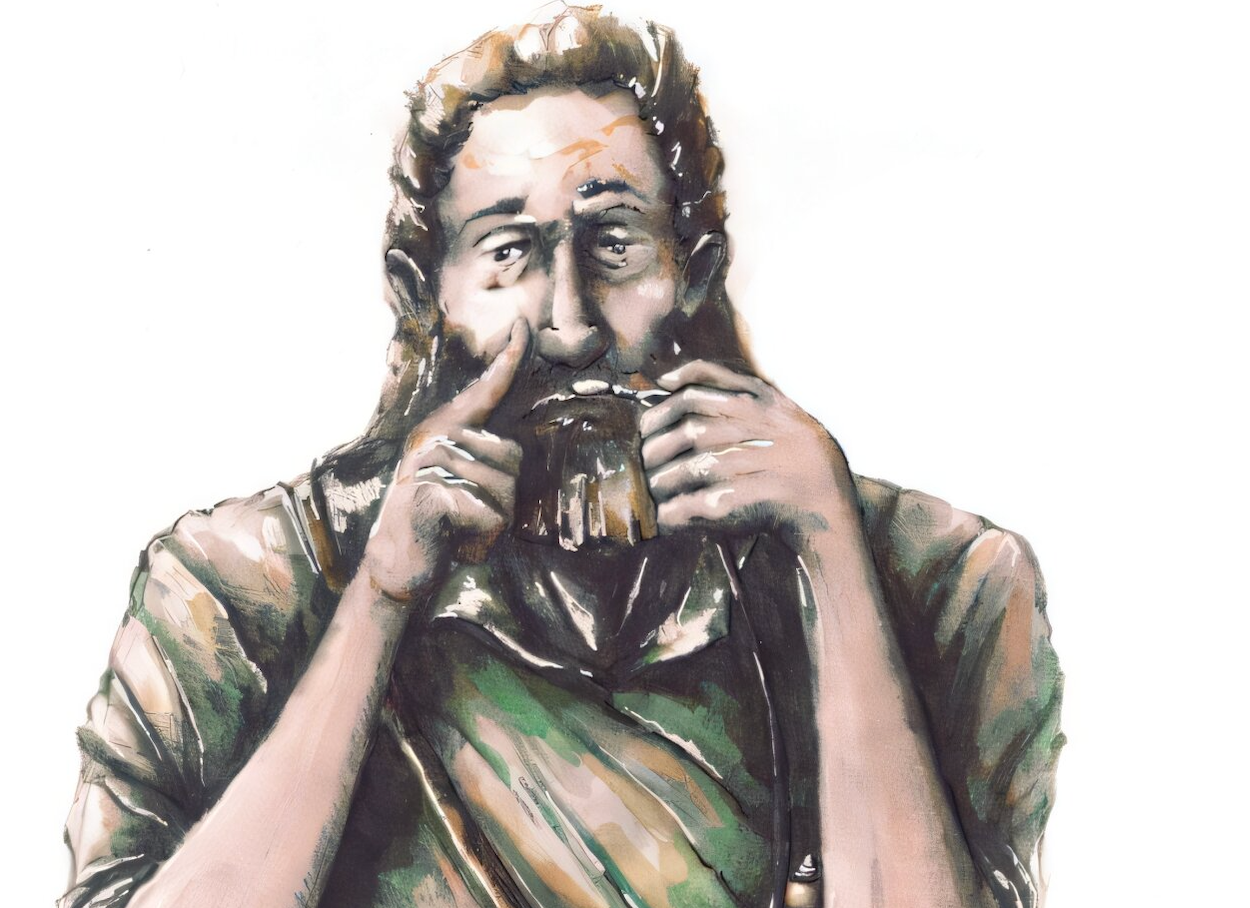Barbarians snorted stimulants during battle in Roman era, study suggests
Substances may have been derived from poppy, belladonna, hemp, henbane, or fungi
Your support helps us to tell the story
From reproductive rights to climate change to Big Tech, The Independent is on the ground when the story is developing. Whether it's investigating the financials of Elon Musk's pro-Trump PAC or producing our latest documentary, 'The A Word', which shines a light on the American women fighting for reproductive rights, we know how important it is to parse out the facts from the messaging.
At such a critical moment in US history, we need reporters on the ground. Your donation allows us to keep sending journalists to speak to both sides of the story.
The Independent is trusted by Americans across the entire political spectrum. And unlike many other quality news outlets, we choose not to lock Americans out of our reporting and analysis with paywalls. We believe quality journalism should be available to everyone, paid for by those who can afford it.
Your support makes all the difference.Barbarian warriors likely snorted stimulants during battle in Roman times, according to a new study that sheds more light on the fighting practices of the Germanic community.
Researchers have found hundreds of small, spoon-shaped objects at archaeological sites from the Roman period in Scandinavia, Germany and Poland over the years.
Archaeologists now suspect that these objects were worn at the end of a warrior’s belt in northern Europe and used to carry and dispense stimulants during battle.
The use of narcotics like opium is well documented in ancient Greece and Rome, but barbarians living outside the Roman Empire were assumed to have generally not used stimulants drugs apart from alcohol.

In the latest study, published in the journal Praehistorische Zeitschrift, researchers categorised 241 spoon-shaped objects found at 116 marsh and grave sites dating from the Roman era. The objects were mostly between 40 and 70 millimetres long with either a concave bowl or flat disk at one end, measuring 10-20mm across.
The objects were usually found alongside warfare items and thought to have been attached to a man’s belt. “It turned out that all of them were found together with elements of war equipment,” researchers said.
Archaeologists now believe these spoons were likely used to quickly measure the right stimulant dose during battle to produce desired effects and reduce chances of overdosing.
“Exceeding these doses could have had tragic consequences for the user,” researchers said.
Historical records point to the use of several kinds of stimulants throughout history to motivate soldiers to reduce their stress and fear of battle.
Researchers suspect Germanic communities of the Roman period may have used locally gathered plants with stimulant properties, or transported those they knew in a dry or powdered form to ancient European battlefields.
These substances may have been derived from poppy, belladonna, hemp, henbane, or some types of fungi, and consumed in a liquid form dissolved in alcohol, or in powdered form.
“Such stimulant use by the Germanic peoples of northern Europe was likely extensive during Roman-era military conflicts,” researchers said.
“The use of agitation stimulants may have been far greater than had been assumed. The amount of dispensing utensils to aid body efficiency may even attest to their prevalence”.

Join our commenting forum
Join thought-provoking conversations, follow other Independent readers and see their replies
Comments